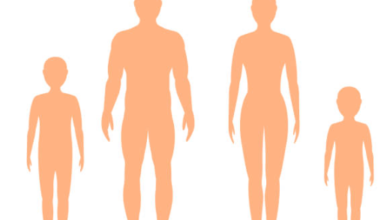Blake Lively Fake Nude

The circulation of fake nude images purporting to feature Blake Lively raises significant questions about the ethical boundaries of digital imagery and the ramifications of celebrity culture in the age of technology. This incident not only reflects society’s obsession with public figures but also underscores the potential harm inflicted on their personal lives and reputations. As the public grapples with issues of authenticity and privacy, it becomes imperative to consider the broader implications of such digital fabrications. What measures can be taken to protect individuals from the repercussions of these pervasive manipulations?
The Origin of the Fake Nude
The phenomenon of fake nudes, particularly involving celebrities like Blake Lively, has become increasingly prevalent in the digital age.
Rooted in the complexities of celebrity culture, these images exploit public fascination while raising critical questions about digital ethics.
As technology advances, the line between reality and fabrication blurs, prompting discussions about the consequences for individuals and the broader implications for society.
See also: Blake Hallinan Bank of America
Public Reactions and Backlash
Public reactions to the emergence of fake nude images, particularly those involving high-profile figures like Blake Lively, have sparked intense debate and scrutiny.
Many social media users express outrage, highlighting the implications for celebrity culture and personal privacy.
Conversely, some view it as an inevitable outcome of our digital age, raising questions about the responsibility of platforms in preventing such manipulations and the ethics surrounding them.
The Impact on Celebrity Privacy
Celebrity privacy has taken a significant hit in the wake of scandals involving fake nude images, with high-profile figures like Blake Lively at the forefront of this issue.
These incidents challenge celebrity boundaries and raise urgent questions about privacy rights. As society grapples with digital exploitation, it’s crucial to advocate for stronger protections, ensuring that personal images remain within the control of their rightful owners.
Navigating Digital Misinformation
Amid the rapid rise of digital technology, navigating misinformation has become increasingly complex, particularly in the realm of celebrity culture.
The consequences of misinformation can be severe, impacting reputations and personal lives. Upholding digital ethics is essential for consumers and creators alike, fostering a space where truth prevails.
Conclusion
In a world where digital shadows can distort reality, the case of Blake Lively’s fake nude images serves as a stark reminder of the vulnerabilities faced by public figures. This incident underscores the imperative for robust measures to safeguard individual privacy in the digital age. As society grapples with the implications of such manipulations, it becomes increasingly clear that the right to control one’s image is not merely a personal concern but a fundamental societal issue demanding urgent attention.







